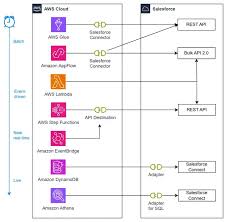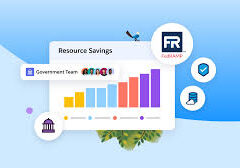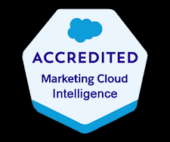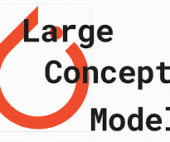Salesforce Inc. is introducing a novel feature within its Data Cloud data lake, addressing the growing need for organizations to develop their own artificial intelligence models. This new feature, termed Unified Knowledge, integrates data from various third-party sources into the Data Cloud, facilitating the collection and curation of data crucial for training AI models, particularly for customer service agents.
Unified Knowledge enables the importation of unstructured data into the Data Cloud, where it undergoes transformation, tagging, and quality assurance processes. This feature, developed in collaboration with Zoomin, primarily targets the enhancement of Salesforce’s Einstein for Service customer support application. However, its data integration capabilities extend to other Salesforce applications like Sales Cloud, Health Cloud, Financial Services Cloud, and Field Service.
The administrative setup process for Unified Knowledge is described as relatively straightforward. Within Salesforce’s knowledge management tool, tagging tools are available, and once content is integrated into the system, much of the content can be automatically processed.
Data from external sources such as Microsoft’s SharePoint, Atlassian’s Confluence, Google Drive and YouTube, Amazon Web Services’ S3 storage, Adobe’s Experience Platform, Guru Technologies’ Guru, Zendesk’s customer service platform, and company websites can be utilized to train customer-facing answer bots, streamline employee access to internal information, and facilitate quick searches within company knowledge bases.
Unified Knowledge is available in a free beta test for Salesforce customers with Service Cloud Unlimited Edition, Einstein 1 Service Edition, or the Knowledge Add-On. A freemium version of Unified Knowledge will continue to be included with those applications, with Salesforce Lightning Knowledge being a requirement and Classic Knowledge not being supported.
In essence, Unified Knowledge aims to consolidate organizational knowledge from disparate third-party systems into Salesforce, thereby improving service agent efficiency, resolving customer cases faster, and enhancing the quality and accuracy of generative AI content.
By Tectonic Salesforce Marketing Architect, Shannan Hearne.













